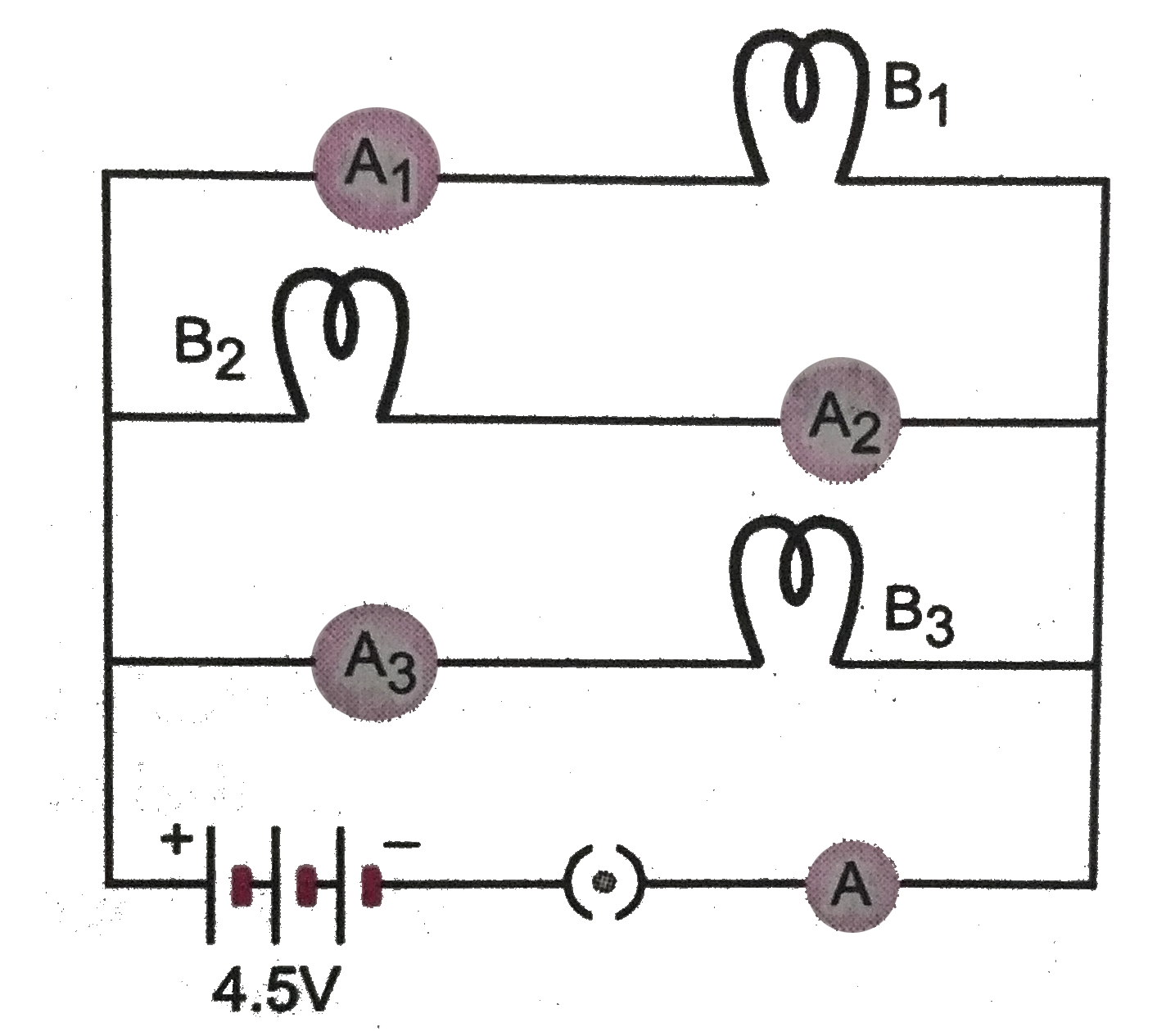A dikaryon is formed when, 1. meiosis arrested , 2. the two haploid cells do not fuse immediately , 3. cytoplasm does not fuse , 4. none of the above
meiosis is arrested
the two haploid cells do not fuse immediately
cytoplasm does not fuse
none of above.
The correct Answer is:D
To solve the question about the formation of a dikaryon, let's analyze each option step by step.
1. Understanding Dikaryon Formation: A dikaryon is a stage in the life cycle of certain fungi, particularly in ascomycetes and basidiomycetes. It is characterized by the presence of two haploid nuclei (n + n) within a single cell.
2. Analyzing Option 1 - Meiosis Arrested: This option suggests that meiosis is arrested. While meiosis is involved in the life cycle of fungi, the formation of a dikaryon specifically refers to the fusion of two haploid cells without immediate fusion of their nuclei. Therefore, this option does not directly describe the formation of a dikaryon.
3. Analyzing Option 2 - Two Haploid Cells Do Not Fuse Immediately: This option indicates that after the fusion of two haploid cells, their nuclei do not fuse right away, resulting in a dikaryon stage (n + n). This is indeed the correct description of how a dikaryon is formed.
4. Analyzing Option 3 - Cytoplasm Does Not Fuse: While it is true that in some cases, the cytoplasm of the two cells may fuse, this does not accurately describe the formation of a dikaryon. The critical factor is the delay in nuclear fusion, not the cytoplasmic fusion.
5. Analyzing Option 4 - None of the Above: Since we have identified that option 2 is correct, this option is not applicable.
Conclusion:
The correct answer is Option 2: The two haploid cells do not fuse immediately.
---
The correct answer is Option 2: The two haploid cells do not fuse immediately.
Topper's Solved these Questions
- BOOK - NCERT FINGERTPS ENGLISHCHAPTER - BIOLOGICAL CLASSIFICATIONEXERCISE - Corner15videos
BIOLOGICAL CLASSIFICATION
- BOOK - NCERT FINGERTPS ENGLISHCHAPTER - BIOLOGICAL CLASSIFICATIONEXERCISE - Biological Classification132videos
BIOLOGICAL CLASSIFICATION
- BOOK - NCERT FINGERTPS ENGLISHCHAPTER - BIOLOGICAL CLASSIFICATIONEXERCISE - KINGDOM FUNGI30videos
BIOLOGICAL CLASSIFICATION
- BOOK - NCERT FINGERTPS ENGLISHCHAPTER - ANIMAL KINGDOMEXERCISE - Animal Kingdom148videos
ANIMAL KINGDOM
- BOOK - NCERT FINGERTPS ENGLISHCHAPTER - BIOMOLECULESEXERCISE - Biomolecules137videos
BIOMOLECULES
Similar Questions
Read the following statements carefully :
(1) Gap junction facilitates the cells to communicate with each other by connecting the cytoplasm of two adjoining cells to cytoplasm of two adjoining cells .
(2) Adhering junctions help to stop substances from leaking across a tissue .
(3) compound epithelium covers the dry surface of the skin only and provides protection against chemical and mechanical stresses.
(4) most of the bones in vertebrates embryos are replaced by cartilages in adults.
How many of the above statement is/are correct ?View SolutionMeiosis and mitosis are found to be the two types of cell division . A cell is observed to have 50 chromosomes in its nucleus during interphase before entering S-phase . How many chromosomes will it have after undergoing division by the two - division process ?
MeiosisMitosis1100252505035010042550View Solution
Knowledge Check
- Question 1 - Select One
Viruses are non-cellular organisms but relicate themselves one they infect the host cell. To which of the following kingdom do viruses belong to ? 1. monera 2. protista , 3. fungi , 4. none of these
AMoneraBProtistaCFungiDNone of these - Question 2 - Select One
If cell A with OP = 5 and TP = 4 is surrounded by cells with OP = 3, and TP = 1, what will be the direction of water movement ?
(a) From other cells to cell A
(b) From cell A to other cells
(c) Water will not move
(d) None of the aboveAFrom other cells to cell ABFrom cell A to other cellsCWater will not moveDNone of the above
A florist has 2 azaleas, 3 buttercups, and 4 petunias. She puts two flowers together a random in a bouquet. However, the coustomer cells and says tha she does not want two of the same flower. What is the probability that the florist does not have to change two bouquet?
View SolutionA mass of 2.72 g of an alloy containing Pb, required for dissolved in HNO3 containing 50% by mass of HNO3. When a H2SO4 solution was added, 1.5 g of precipitate (A) appeared H2S gas was then passed into the remaining solution a secfond precipitate was formed which when calcined in air produced 1.6 g of a compound B. Determine the composition of an alloy. (Al does not form Al2S3 due to the hydrolysis of sulphide).
View SolutionB1,B2andB3 are three identical bulbs connected as shown in (fig. 3.46). When all the three bulbs glow, a current of 3A is recorded by the ammeter A.
(i) What happens to the glow of the other two bulbs when the bulb B1 gets fused ?
(ii) What happens to the readings of A1,A2,A3andA when the bulb B2 gets fused ?
(iii) How much power is dissipated in the circuit when all the three bulbs glow together ?
 .View Solution
.View SolutionDNA cannot pass through a cell membrane as
1) it is too big to cross the memebrane
2) it is a hydrophilic molecule
3) membrane does not have specific proteins to facilitate the transport
4) none of theseView SolutionA four figure number is formed of the figures 1, 2, 3, 4, 5 with no repetitions. The probability that the number is divisible by 5 is 3/4 b. 1/4 c. 1/8 d. none of these
View SolutionThe reading on a high resistance voltmeter when a cell is connected across it is 3 V. When the terminals of the cell are also connected to a resistance of 4 Ω, then the voltmeter reading drops to 1.2 V. Find the internal resistance of the cell.
View Solution

